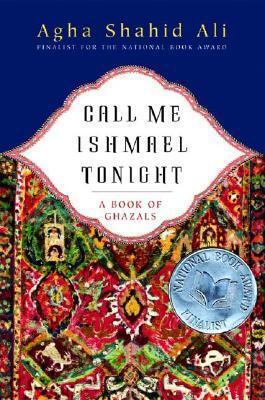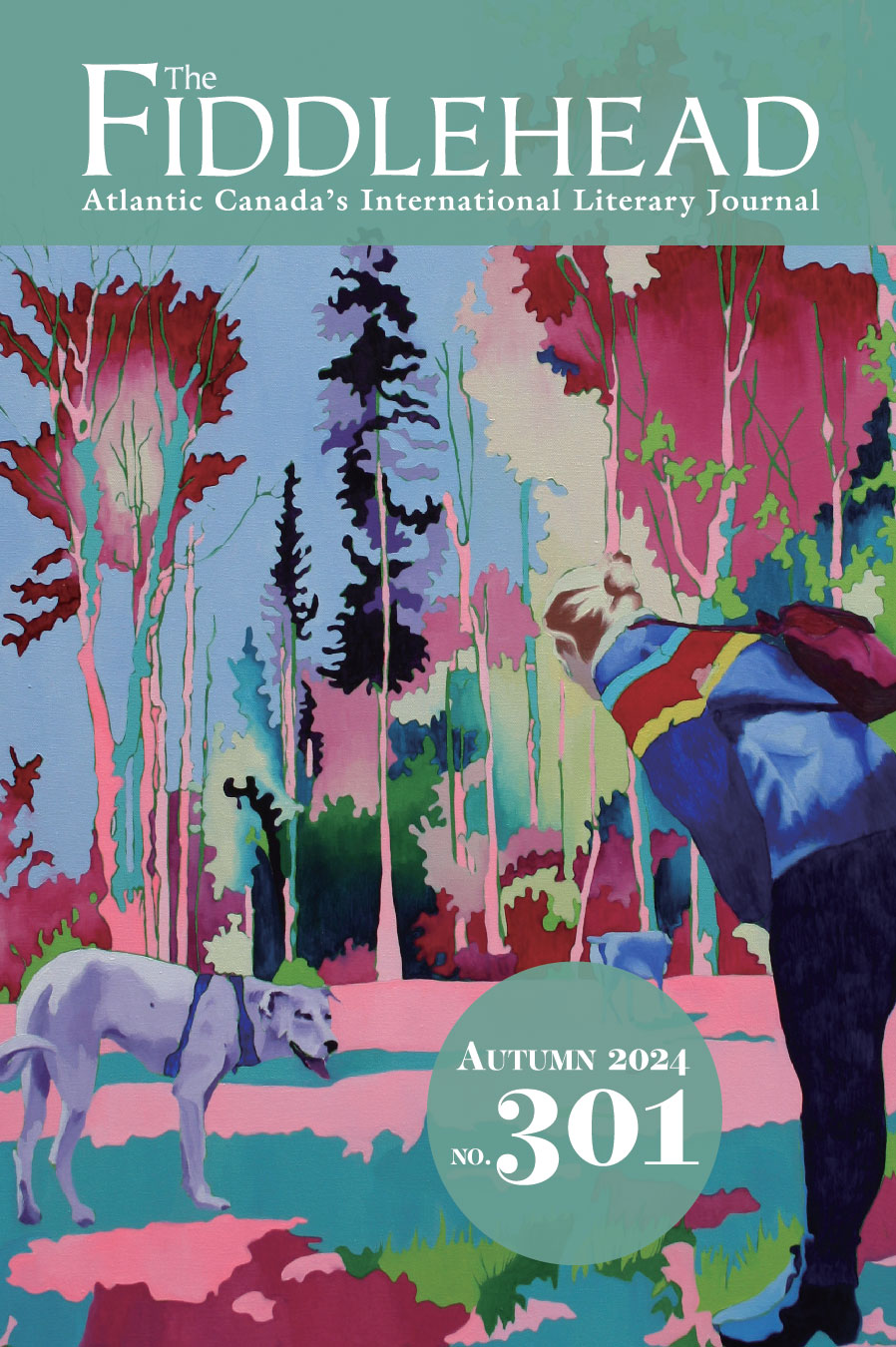
One of the poetry collections that I keep coming back to is a book of ghazals by Agha Shahid Ali, Call Me Ishmael Tonight. The beloved Kashmiri-American poet has been an absolute favorite of mine ever since I discovered him in my early twenties. His poems pave a path towards a level of lyric expansiveness with their tri-cultural — Hindu, Muslim, and for the lack of a better word, the Western — juxtaposition, which very few South Asian poets have ventured out to do.
Every time I feel stuck or in need of inspiration, I flip through the pages of this magnificent book of ghazals, read a couplet or two, and feel a certain sense of calm. The unique thing with the ghazal as a form is that each couplet is autonomous and can be read as a separate poem, and you are allowed to write about different things in different couplets, say God in one and turmeric in another. This heterogeneity is what allows Shahid to bring ideas and images from different cultural registers and yoke them in seemingly unconnected couplets. The result is a curious poem: syncretic and multifaceted — a patchwork of wonder and awe.
This is one of those volumes that I keep by my bedside, dip into it every night, savor each measured line, relish the radeef and qafiyah, and wait for how Shahid invokes himself at the concluding couplet. The mind moves from one part of the continent to another to all the way across the Pacific as you move from one stanza to another. Like all great poets, Shahid wants to control time, slow it down, and he does it through the syllabic and accentual lines. Look, for instance, the beauty of the following couplets, taken from Call Me Ishmael Tonight.
Like most traditional ghazals, these are untitled and they dwell in the classic tropes of love and loss. This is again a collection meant to be read with an open heart, with less of a dialectic reasoning. There’s no need to murder to dissect — enough of that English major nonsense — one only needs to be willing to let oneself lose in the beauty of Shahid’s assured poetic lines and let the couplets sing for themselves.
— Vivek Sharma is a poet from the hills of the Mahabharata. They hold an MFA from UBC and now reside in the unceded territory of the Syilx Okanagan peoples. Their poems have been published or are forthcoming in The Malahat Review, EPOCH Magazine, and South Dakota Review, among others.
You can find Vivek Sharma's poetry in Issue 301 Autumn 2024. Order the issue now:
Order Issue 301 - Autumn 2024 (Canadian Addresses)
Order Issue 301 - Autumn 2024 (International Addresses)











